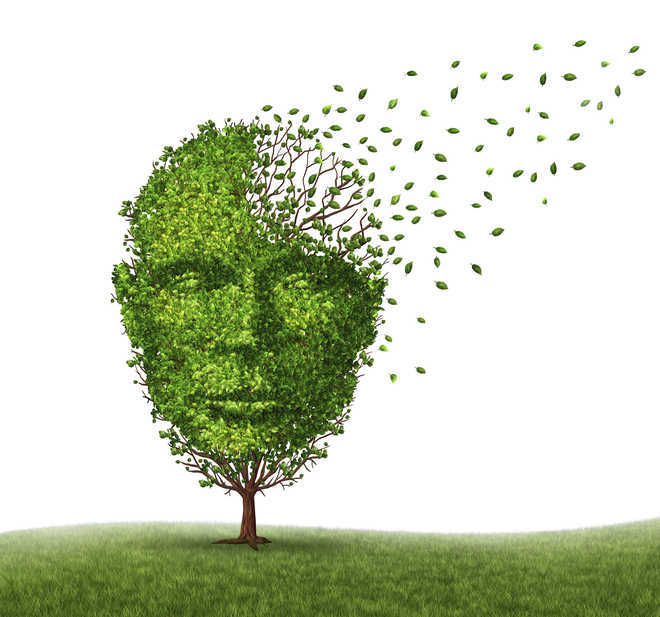
Thinkstock photo
Boston, April 30
Scientists have successfully developed a brain-in-a-dish with working neural circuits, allowing them to study the development of the human brain during late pregnancy and identify the causes behind some genetic disorders.
Researchers watched stem-cell-derived nerve cells arising in a specific region of the human brain migrate into another brain region.
This process recapitulates what has been believed to occur in a developing fetus, but has never previously been viewed in real time.
They saw the migrating nerve cells, or neurons, hook up with other neurons in the target region to form functioning circuits characteristic of the cerebral cortex.
These observations showcase neuroscientists’ newfound ability to monitor, assemble and manipulate so-called neural spheroids, generated from human induced pluripotent stem cells, to study the normal development of the human forebrain during late pregnancy.
“We have never been able to recapitulate these human- brain developmental events in a dish before,” said Sergiu Pasca, assistant professor at the Stanford University in the US.
“The process happens in the second half of pregnancy, so viewing it live is challenging. Our method lets us see the entire movie, not just snapshots,” Pasca said.
The findings, and the techniques used to obtain them, carry potential for the personalised study of individuals’ psychiatric disorders.
In the study, the scientists were able to attribute, for the first time, defects in neuronal migration to Timothy syndrome, a rare condition that predisposes people to autism, epilepsy and cardiac malfunction.
Culturing neurons in a lab dish is easy, but the two- dimensional character does not sit well with cells designed for three-dimensional existence.
Neurons cultured in monolayers mature only partially, tend to die fairly quickly and interact suboptimally.
In a 2015 study, researchers described their method for producing neural spheroids. Neural precursor cells generated from iPS cells are placed in culture dishes whose bottoms are coated to make it impossible for neurons to attach.
The cells float freely in a nutrient-rich broth, ultimately developing into hundreds of almost perfectly round balls approaching 1/16 of an inch in diameter and consisting of over one million cells each. These neurons can live for up to two years, and they mature fully.
“Our method of assembling and carefully characterising neuronal circuits in a dish is opening up new windows through which we can view the normal development of the fetal human brain,” said Pasca.
“More importantly, it will help us see how this goes awry in individual patients,” he said. — PTI



























